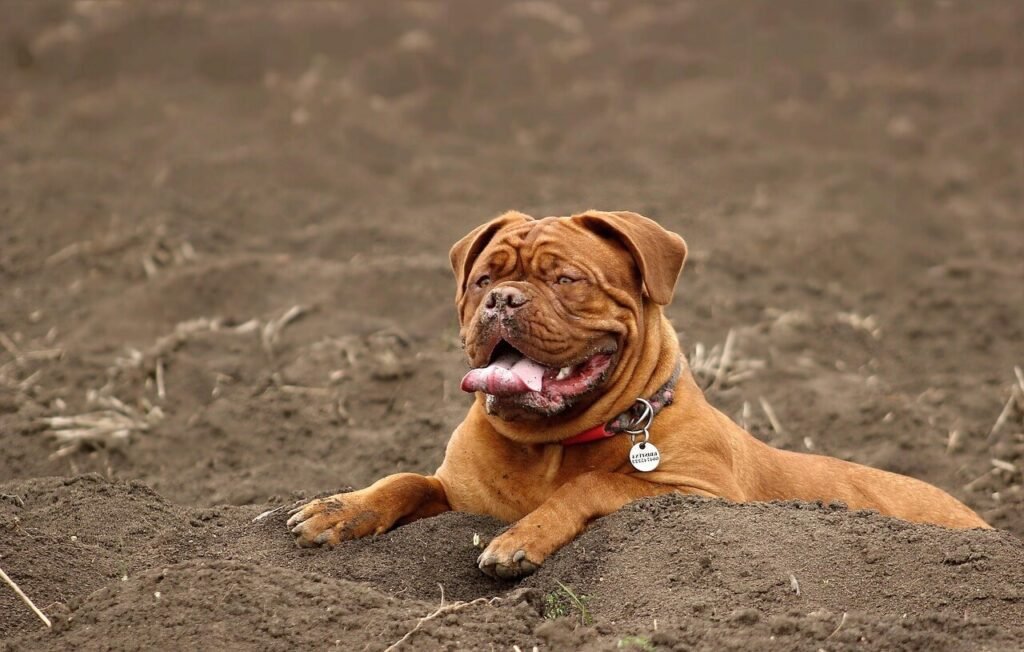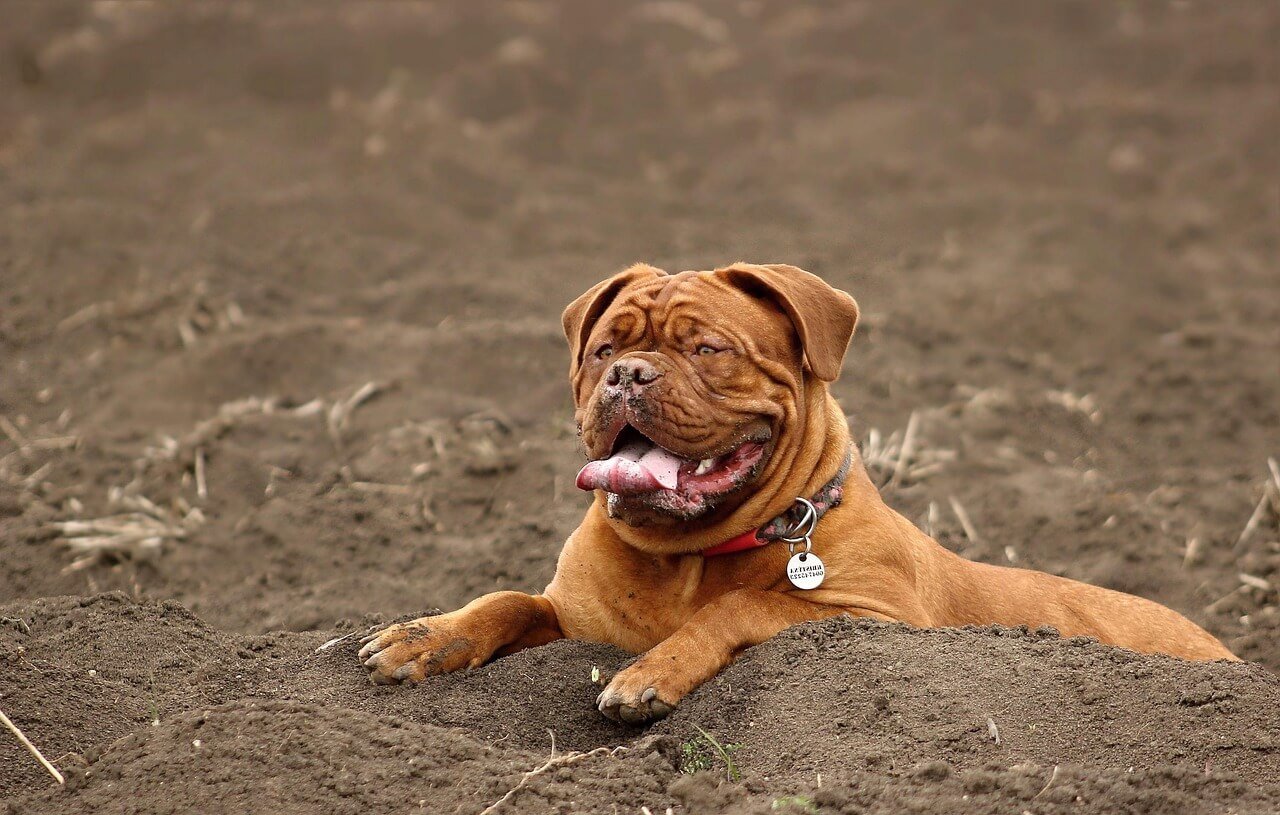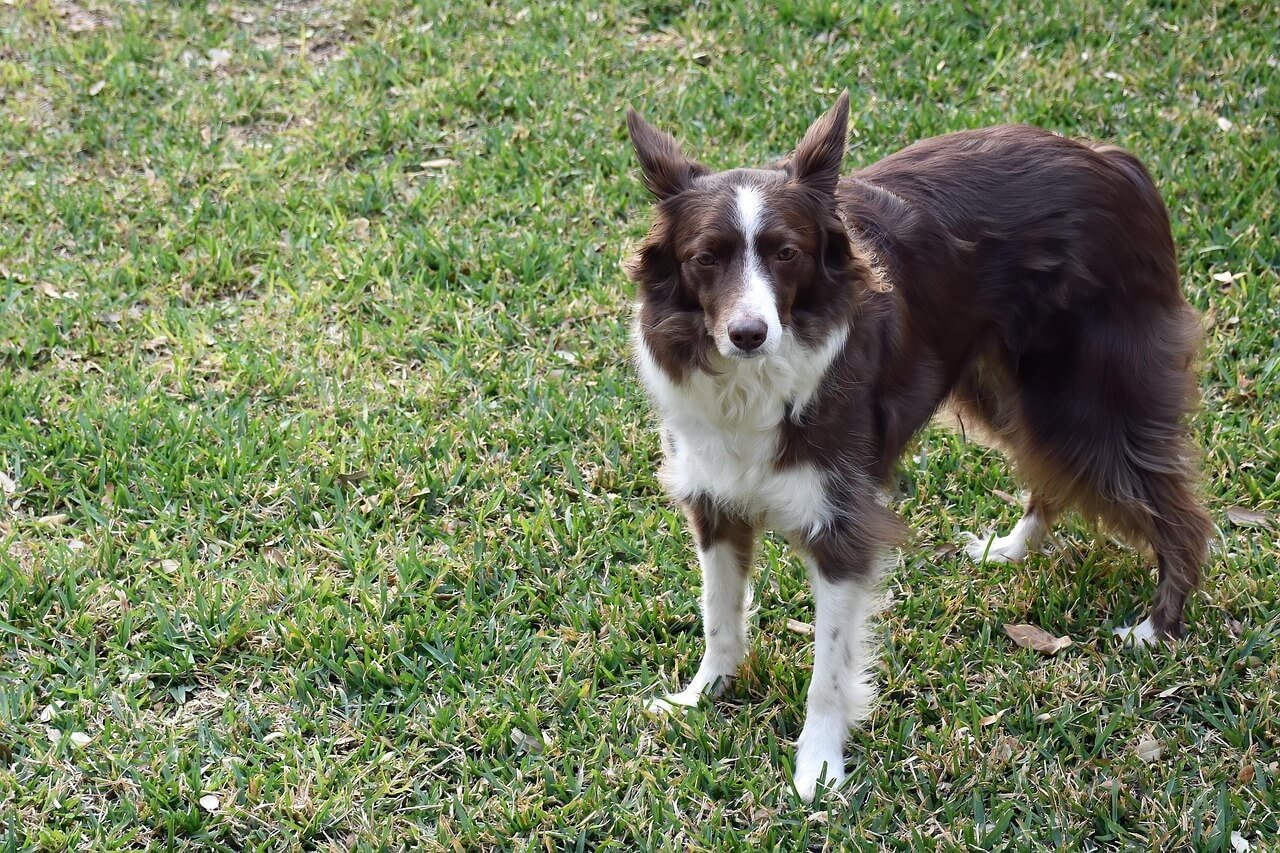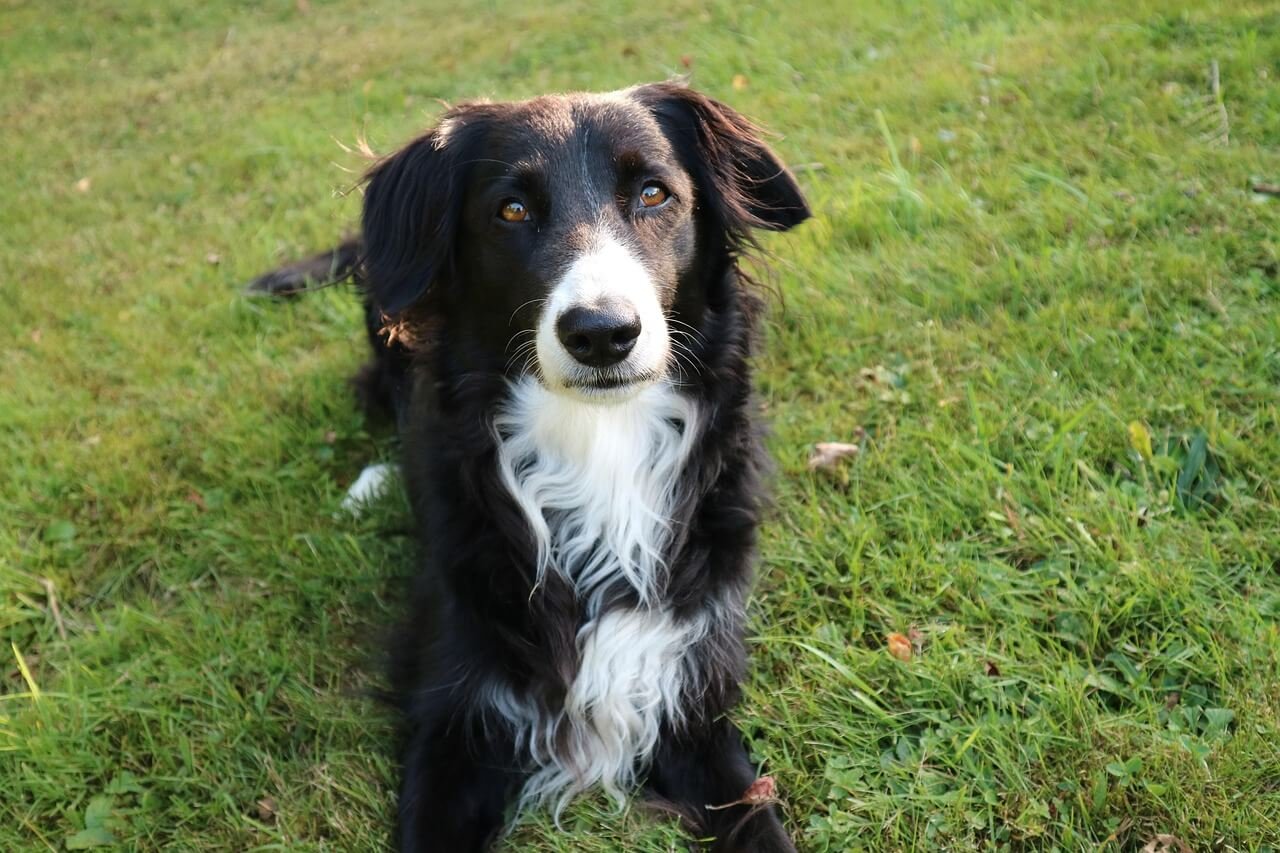Does My Dog Know Im Sick? Exploring the Bond Between Humans and Their Furry Companions
Dogs are often referred to as “man’s best friend,” and for good reason. These loyal companions have an uncanny ability to sense our emotions, offer comfort, and even detect changes in our health. But how deep does this connection go? Can your dog truly tell when you’re feeling unwell? Whether you’re battling a cold, recovering from surgery, or managing a chronic illness, many pet owners swear their dogs seem to know when something is off. In this blog post, we’ll dive into the fascinating world of canine intuition, explore scientific insights, and uncover how your four-legged friend might be more in tune with your well-being than you ever imagined.
How Dogs Perceive Our Health: The Science Behind Their Sensitivity
Dogs have evolved alongside humans for thousands of years, developing an extraordinary ability to read our body language, tone of voice, and even subtle chemical changes. Their heightened senses allow them to pick up on cues that often go unnoticed by us. Here’s how they do it:
Keen Sense of Smell :
A dog’s nose is a powerful tool, capable of detecting minute changes in scent. When we’re sick, our body chemistry changes, releasing volatile organic compounds (VOCs) that dogs can detect.Observation Skills :
Dogs are masters at reading non-verbal cues. They notice when you’re moving slower, avoiding activities, or showing signs of discomfort.Tone of Voice :
Your dog listens closely to the way you speak. A weaker or strained voice may signal to them that something is wrong.Behavioral Changes :
If you’re spending more time in bed or skipping your usual routine, your dog will quickly pick up on these deviations.Empathy and Emotional Connection :
Dogs are highly empathetic creatures. They can sense shifts in your mood and energy levels, responding with extra affection or concern.
While science provides some answers, the depth of a dog’s understanding remains a blend of instinct, training, and the unique bond they share with their human. It’s no wonder so many pet owners feel their dogs are truly part of the family.
Signs Your Dog Knows You’re Sick: What to Look For
If you’ve ever wondered whether your dog can tell when you’re not feeling well, here are some common behaviors that might confirm your suspicions. These signs are subtle but telling, showcasing just how attuned your furry friend is to your condition.
Increased Attention :
Your dog may stay closer to you than usual, lying by your side or resting their head on your lap.Protective Behavior :
Some dogs become more protective when they sense vulnerability, standing guard or growling at others who approach.Gentle Nudges :
A sick owner might receive gentle nudges or licks, as if the dog is trying to comfort or “check” on them.Changes in Playfulness :
If your dog usually loves to play but suddenly becomes subdued around you, it could be a sign they’re mirroring your energy.Refusal to Leave Your Side :
Even independent dogs may refuse to leave your side when they sense you’re unwell, staying close to offer support.
These behaviors highlight the incredible empathy dogs possess. While they may not understand the specifics of your illness, their actions demonstrate a profound desire to care for and comfort you during tough times.
Check this guide 👉Why Does My Dog Lick My Other Dogs Mouth? Best 7 Tips!
Check this guide 👉Why Do Dogs Love Sunbathing? Best 7 Expert Tips!
Check this guide 👉Why Does My Dog Eat Everything? Best 7 Behavior Tips!

Signs Your Dog Notices | What It Might Mean |
|---|---|
Increased sniffing | Detecting changes in your scent due to illness |
Staying unusually close | Offering comfort and protection |
Licking your hands or face | Attempting to soothe or clean you |
Whining or vocalizing | Expressing concern or seeking reassurance |
Reduced interest in food or toys | Prioritizing your well-being over distractions |
Why Dogs Are So Attuned to Human Health: Evolutionary Insights
The bond between humans and dogs has been shaped by centuries of coexistence, leading to a mutual understanding that benefits both species. Here’s why dogs are naturally equipped to recognize when we’re sick:
Survival Instincts :
Historically, dogs relied on humans for food and shelter. Recognizing human distress helped ensure their survival.Pack Mentality :
As pack animals, dogs view their human family as part of their group. A sick member of the pack requires care and attention.Training Through Domestication :
Over generations, humans selectively bred dogs for traits like loyalty and responsiveness, enhancing their ability to connect with us.Emotional Intelligence :
Dogs have developed a keen sense of emotional awareness, allowing them to respond appropriately to human needs.Shared Environments :
Living in close quarters with humans has given dogs ample opportunity to learn our habits, routines, and signals of distress.
This evolutionary connection explains why dogs are so adept at picking up on our physical and emotional states. Their instincts make them natural caregivers, always ready to lend a paw when needed.
How to Strengthen the Bond When You’re Sick: Tips for Pet Owners
Being sick can be a challenging time, but having a loving dog by your side can make all the difference. Here are some ways to nurture your relationship and ensure your dog feels included during your recovery:
Spend Quality Time Together :
Even if you’re low on energy, simple acts like petting or talking to your dog can strengthen your bond.Maintain Routine :
Try to keep feeding and walking schedules consistent, as dogs thrive on predictability.Provide Comfort Items :
Offer your dog their favorite blanket or toy to help them feel secure while you rest.Communicate Calmly :
Use soothing tones and gestures to reassure your dog that everything is okay.Involve Them in Care :
Let your dog “help” by staying near you or fetching items, making them feel useful and valued.
By incorporating these practices, you can ensure that your dog remains happy and engaged while supporting you through your illness. After all, their presence is a gift that keeps on giving.
Emotional Support from Dogs During Illness
When you’re feeling unwell, your dog can be a source of immense emotional support. Their presence alone can provide comfort and relief during challenging times. Here are some ways dogs offer emotional assistance:
Unconditional Love :
Dogs don’t judge or criticize; they simply love you for who you are, offering a sense of acceptance that’s deeply comforting.Stress Reduction :
Studies have shown that interacting with dogs can lower cortisol levels and reduce stress, helping you feel calmer.Routine Maintenance :
Even when you’re sick, your dog’s need for walks and playtime encourages you to maintain a semblance of normalcy.Distraction from Pain :
A playful pup can take your mind off discomfort, providing moments of joy and laughter.Companionship :
Loneliness is common during illness, but having a dog by your side ensures you’re never truly alone.
In conclusion, dogs are more than just pets—they’re emotional anchors who help us navigate the toughest days with grace and love.
Training Your Dog to Respond to Sickness
While dogs naturally respond to their owner’s condition, you can enhance their ability to assist through simple training techniques. Teaching your dog specific behaviors can make their support even more effective. Consider these tips:
Teach Calm Behavior :
Reward your dog for staying calm and quiet when you’re resting, reinforcing the idea that peace is helpful.Introduce Comfort Commands :
Use commands like “snuggle” or “stay close” to encourage affectionate behavior when you’re unwell.Practice Fetching Items :
Train your dog to bring medications, water bottles, or other essentials, turning them into a practical helper.Simulate Sick Scenarios :
Act out being unwell during training sessions so your dog learns how to respond appropriately.Encourage Gentle Touch :
Teach your dog to nuzzle or place their head on your lap gently, avoiding overly enthusiastic gestures.
By investing time in training, you can transform your dog into an even more reliable companion during your recovery journey.
How to Care for Your Dog When You’re Sick
Taking care of yourself is important, but it’s equally crucial to ensure your dog remains happy and healthy while you recover. Here are some steps to balance both needs:
Delegate Responsibilities :
Ask friends or family members to help with walking, feeding, or grooming tasks if you’re unable to manage them.Stock Up on Supplies :
Keep extra food, treats, and toys on hand to minimize trips outside the house.Create a Safe Space :
Set up a cozy area for your dog where they feel secure and entertained while you rest.Maintain Affection :
Even small gestures like petting or speaking kindly remind your dog they’re still cherished.Monitor Their Behavior :
Pay attention to any signs of anxiety or distress in your dog, as they may also struggle with changes in routine.
Balancing self-care with caring for your dog ensures that both of you emerge from this period stronger and happier together.
Frequently Asked Questions About Dogs and Illness Detection
Can dogs really smell sickness?
Yes, dogs have an exceptional sense of smell and can detect changes in body chemistry caused by illness.
Do all dogs show concern when their owner is sick?
Most dogs exhibit some form of concern, though individual responses vary based on personality and breed.
Is my dog’s behavior different because they sense my illness?
It’s highly likely. Dogs often adjust their behavior to match their owner’s condition.
Can dogs be trained to detect specific illnesses?
Absolutely. Many organizations train dogs to identify conditions like diabetes, cancer, and seizures.
How can I thank my dog for being supportive during my illness?
Show appreciation through treats, playtime, and verbal praise to reinforce their caring behavior.
The Unbreakable Bond: Celebrating the Connection Between Humans and Dogs
There’s no denying the special relationship we share with our canine companions. From their intuitive ability to sense when we’re sick to their unwavering loyalty, dogs enrich our lives in countless ways. While the question “does my dog know I’m sick?” may never have a definitive answer, one thing is certain: their love and devotion transcend words. Next time you’re under the weather, take a moment to appreciate the furry friend by your side—they may not speak, but their actions say it all.
Understanding Scabs in Dogs Ears: Best 7 Tips! Learn how to identify, treat, and prevent scabs in your dog’s ears for optimal ear health.
Is Cinnamon Bad for Dogs? Best 7 Health Tips! Discover safe ways to use cinnamon, risks to avoid, and expert advice to keep your dog healthy.
Can Dogs Get Pneumonia from Humans? Best 7 Tips! Learn how to protect your dog, understand transmission risks, and ensure their respiratory health.
Can Dog Urine Make You Sick? Best 7 Health Tips! Learn how to stay safe, prevent illness, and handle exposure to dog urine effectively.





